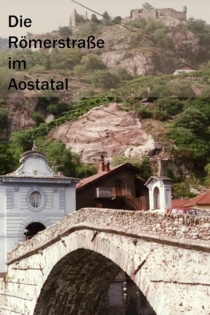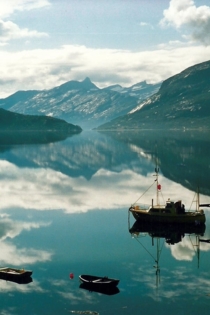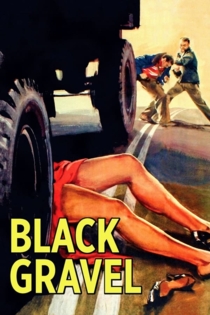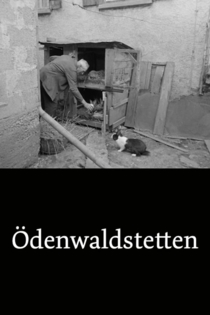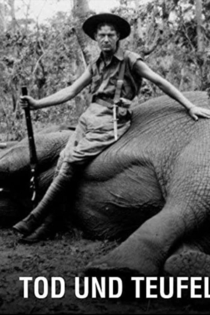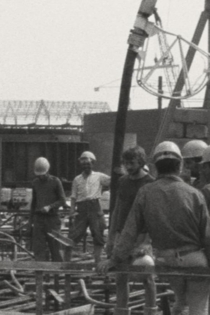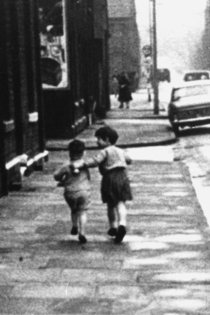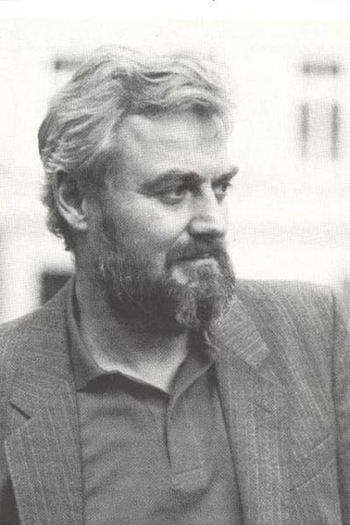
Peter Nestler
1937 (88 лет)Being Gypsy
Zsóka Nestler, Peter Nestler
Roma and Sinti people talk about their experiences in the Third Reich and the Federal Republic of Germany, inspired by Otto Pankok’s paintings of Romani theme and subject in the 1930s, declared degenerate art by the Nazis. These are moving narratives of persecution, discrimination, marginalisation, of life as second-class human beings, all of which lasts, incredibly enough, right up to the allegedly democratic present day of the film, since they live in inhumane conditions in barracks at the margins of cities and society and are not officially recognised as Nazi victims. Long, nearly uncut sequences open space for the people and their stories. That’s all it takes for one of Peter and Zsóka Nestler’s most important works.
Being Gypsy
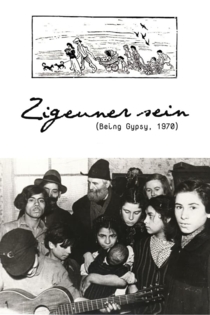
Pachamama - Unsere Erde
Peter Nestler
“This film is about the indigenous cultures of Ecuador, of what is past and what is preserved, of destruction and resistance, of persisting in new ways, of music in the villages high up in the Andes, of music in the cities and in a tropical climate among descendants of African slaves. The film is about Earth, about working with Earth, sacred to the indigenous people. An account of beauty that silences, of friendliness, also grief.” (Nestler)
Pachamama: Our Land
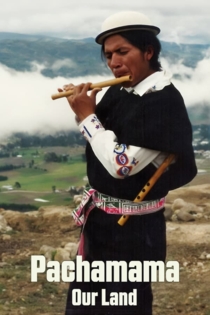
Verteidigung der Zeit
Peter Nestler
Danièle Huillet, Jean-Marie Straub
Peter Nestler's poetic documentary Verteidigung der Zeit is not only an hommage to Jean-Marie Straub's and Danièle Huillet's film Quei loro incontri (2005), but also to their access to cinema itself. In various encounters and conversations Nestler offers an insight into their life and work, including passages from Italian poet Cesare Pavese.
Verteidigung der Zeit
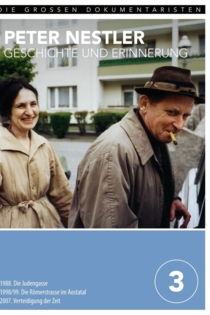
Die Verwandlung des guten Nachbarn
Peter Nestler
Thomas "Toivi" Blatt
The revolt at Sobibór extermination camp in October 1943 is a central episode of resistance against national socialism. Thomas «Toivi» Blatt, son of a Jewish businessman, was 15 when he was deported to Sobibór. Blatt was among those who managed to escape during the uprising only to find his newly found freedom deceptive when old friends and neighbours refused to help. Director Peter Nestler accompanied Toivi Blatt on his trips through Poland.
Die Verwandlung des guten Nachbarn
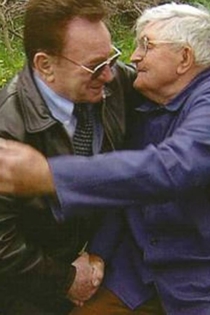
Lördags Chile
Peter Nestler
This film about the Fascist coup in Chile was cancelled one day before being broadcast on Swedish Television. Originally shot for a TV youth program, Lördags Chile is another fine example of Nestler demonstrating the relationship between politics and economics, between thinking and acting
Lördags Chile
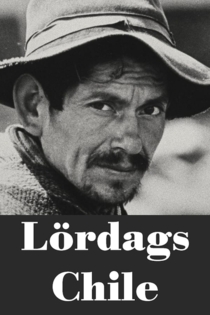
Aufsätze
Peter Nestler
A cheerful take on the lives of school children in a Swiss rural environment. Young pupils recite short essays they have written on subjects such as the long walk to school, the distribution of milk during breaks, and a brawl in the courtyard.
Essays
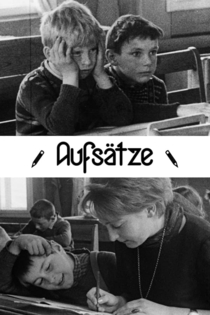
Am Siel
Peter Nestler
Robert Wolfgang Schnell
In his first film, Peter Nestler gives voice to an old floodgate. A nearby village, its inhabitants, wooden posts and twisted willow rods are presented from this unusual perspective. The floodgate ponders the fisher boats coming home from the sea along the shipping channel which is fed at low tide by a small river.
By the Dike Sluice
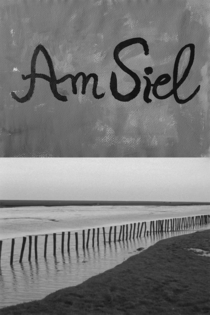
Die Römerstraße im Aostatal
Peter Nestler
Today, the Römerstrasse in Italy's Aosta valley, is a significant traffic artery in the center of modern Europe. Nestler's journey explores the moving history of the Aosta valley, which passed through many hands - from the Roman Empire to Burgundian and Frankish kingdoms - until it was acquired by Italy in the 11th century. The now busy motorway, which runs from the Po Valley to the Great and Little St. Bernhard passes, is revealed through the timeless eyes of a historian. At the same time, the documentary sheds light on cultural traditions and contemporary life in the region.
The Roman Street in the Aosta Valley
